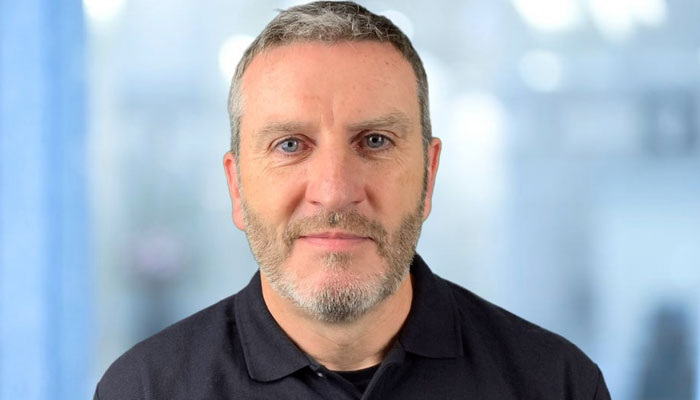By: Matt Watts, Chief Evangelist at NetApp
Evolved cloud and Multicloud
The multicloud will increase in importance as more services move from on-premises to the cloud. According to research firm Gartner, it’s expected that on premises versus cloud spend will flip by 2025. While this continued migration to the cloud isn’t surprising, I anticipate cloud adoption will continue to accelerate in 2023 because of supply-chain issues requiring buyers to look beyond on premises hardware to ease procurement challenges and the need to pursue aggressive sustainability objectives. The rapid adoption of multiple clouds is even more interesting. In fact, 89% of companies are using multiple clouds* to manage IT services, operations, and infrastructure. This seems to be a place some companies have “landed” out of necessity, or even by accident, as they worked to mitigate supply-chain issues by linking to multiple cloud providers who could each help them drive innovation and ensure security, scalability, and flexibility outside their data center. This has brought about unnecessary complexity that companies will look to address through the adoption of common services across clouds.
*Flexera 2022 State of the Cloud survey
Skills Gap
More companies adopting multiple clouds means the skills gap will move from fierce competition between employers to retain top talent, which I’d noted would be an issue in 2022, to one where niche skills will be required to succeed. It’s difficult finding talent that can work skillfully within one cloud. Creating teams skilled in managing multiple clouds becomes a significant challenge and can take extended periods to develop. Companies need teams that can innovate and build. If employees are only spending time on operations, they can’t innovate. This need will only intensify, and companies will need to become more comfortable in hiring for potential over talent, and be willing to provide the team members with the training they need to succeed.
Sustainability
Sustainability will only become more important to IT buyers, and they will require more data to support claims from their vendors. Vendors will need to show they are working toward (and achieving) greater sustainability throughout their value chains and delivering product features that enable their sustainability. They will have to work harder to increase energy efficiency with their facilities and on-premises equipment and provide improved methods for data categorization that enable buyers to look across their entire data estates and tier data, which is particularly effective in the cloud. When we consider that 68% of data is used once and then never again, we can see how moving this unused data to the cloud, where it can be tiered and moved to cold storage, is beneficial for the planet. Last year, I noted that sustainability was increasing in importance, but it has been interesting to see the level of sustainability specifications and feature granularity that buyers now demand when making purchasing decisions.
Cyber resilience and data protections
The current challenges in terms of health, economy and war mean that cyber-resilience is more crucial than ever before. Businesses and organisations will rely more than ever on IT resources to provide round-the-clock protection and quick recovery for their data. This is because the question is no longer whether they will be attacked, but rather when and how often, so we need to address the problem head-on and a small number of small and medium-size companies are still not prepared. Previously, a business’ cyber defence strategy focussed on anticipation of the attack, but today it is more about reacting during the attack and quick recovery after it. Detection, protection and remediation will be the watchwords of cybersecurity in 2023.
Quantum Hybrid Computing
Quantum hybrid computing will start to move from ideation toward practical application, problems such as elements of AI will be broken out and passed over to quantum systems for processing, we’ll start to see a blend of traditional HPC and Quantum to solve some of these most complex issues. This will also force us to better address cybersecurity. Companies need to think about data encryption now more than ever. Criminals are increasingly sophisticated, and companies need to be equally sophisticated when it comes to their security measures. While this won’t happen overnight, the wheels have been set in motion for quantum to be a threat to encryption on sensitive data. For example: Imagine designing and building a military fighter jet, which can take more than a decade; Then it’s in service for 20 years and all the data associated with the plane and its missions remains classified for another 20 years. That data needs to be protected for upwards of 50 years. And a criminal only needs to steal that data once during that protracted timeframe and wait for the necessary Quantum power to decrypt to catch up. We need to be thinking much, much more carefully about how we protect data today, from simple data theft to more advanced kind of encryption and decryption techniques. Normal computers, even high-powered computers, would take decades to “break” these encryption algorithms. Quantum hybrid will be able to break existing encryption protocols in less than a decade so new encryption protocols and algorithms can be developed sooner. While I predicted in 2022 that companies would look to quantum to address more complex computing challenges. I’m pleased there is this level of progress and forward thinking within cybersecurity and a cloud-based approach to now solving security issues that once seemed unsolvable.


